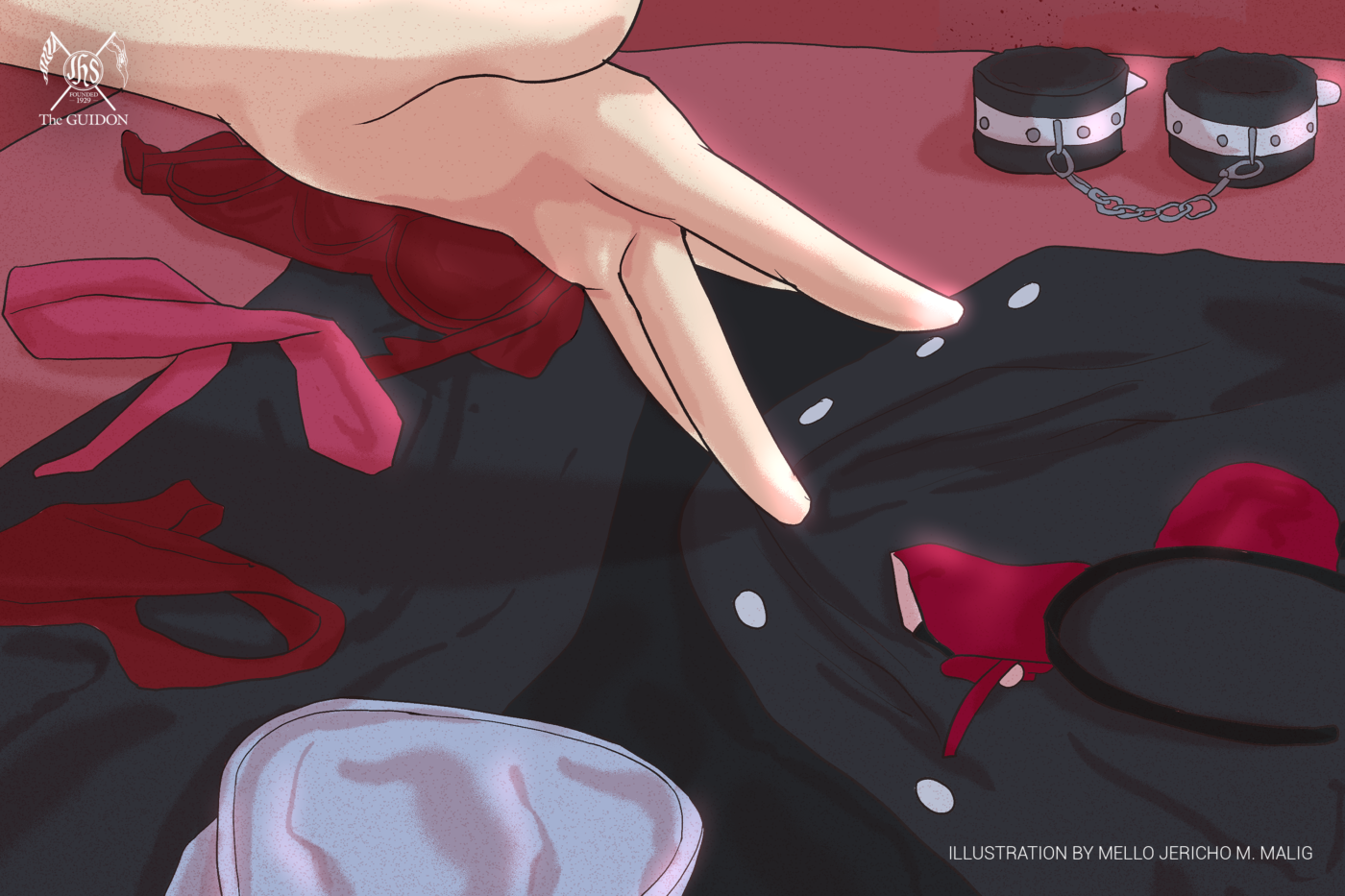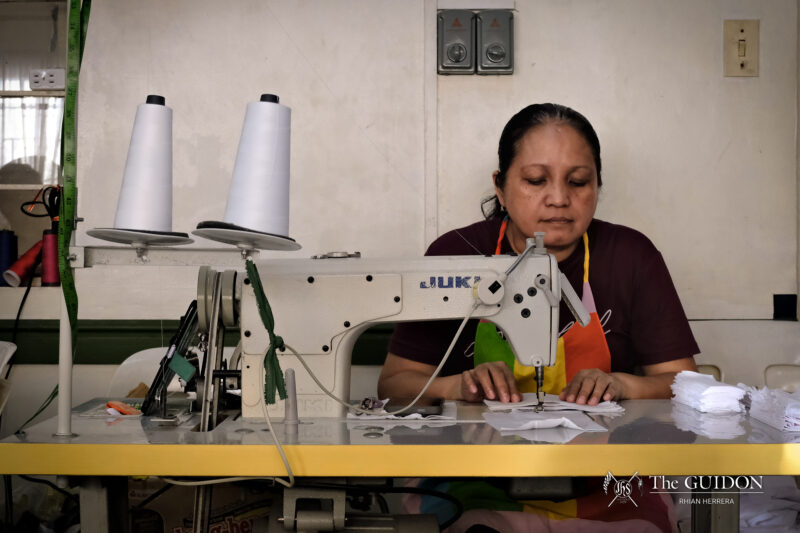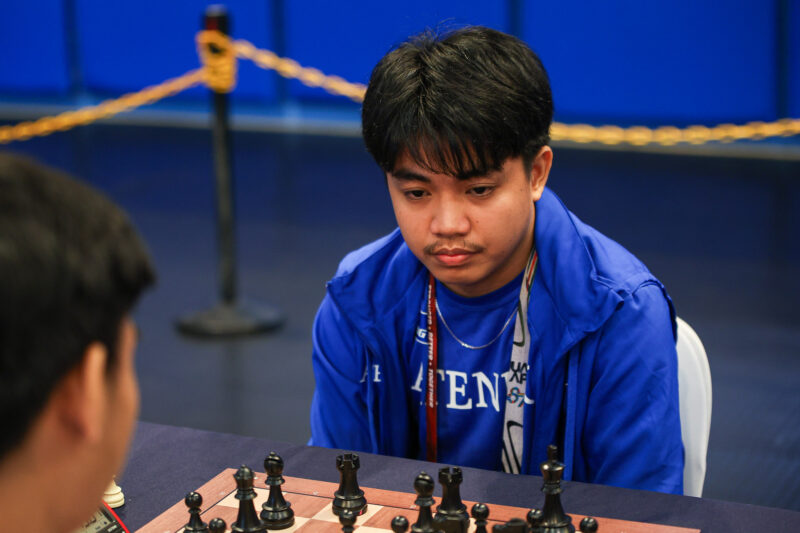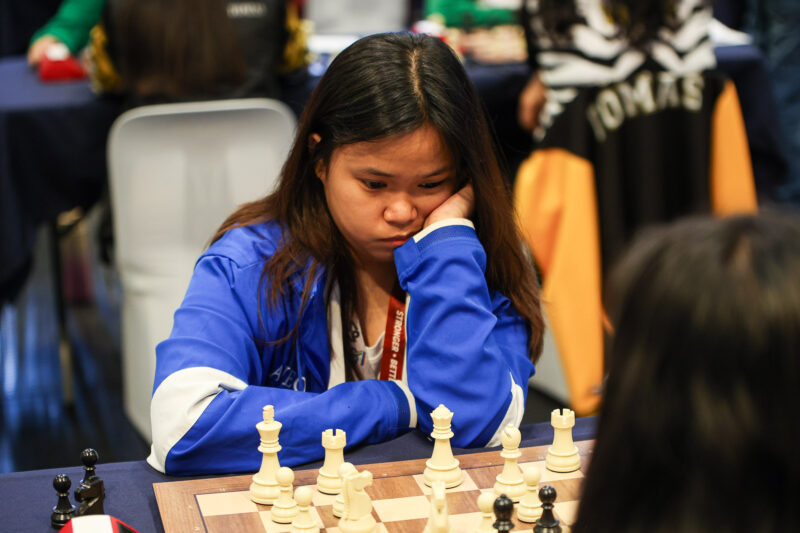Dek: Costumes have come a long way from being an excuse for children to live their favourite characters for a day, to becoming adults’ portals to live in their sexual fantasies.
TRICK OR treating during Halloween is a convenient excuse for children and kids at heart alike to dress up as another character. However, when you’re decades older than kids, house hopping for candy might not be the best way to experience the magic of costumes.
The good news is that the allure of costumes and dressing up does not wear off when you grow out of childhood Halloween trick or treating; it might just take a new face in the bedroom through roleplaying (RP).
Dressing up and dressing down: The costume
Halloween’s transformation began from its Celtic pagan roots to the American adaptation of the Scottish tradition. This reveals one important element about the holiday: The power of costumes for anonymity, creativity, and magic. Once a means to blend in with wandering spirits, costumes have become an excuse to impersonate frightening and fun characters that may or may not reveal a “special version of oneself.”
Regardless of their purpose, costumes have the power to connect people to realms outside the present—be it with monsters, superhero characters, and other fantasies alike. Given this ability to stir creativity, it is no surprise that costumes remain relevant beyond childhood trick or treating.
Outside the seasonal tradition, costumes may play an integral part in strengthening people’s relationships with themselves and their partners. Trisha O’Bannon, co-founder of alternative sex education platform Now Open PH, compares how Halloween creativity can be translated to body and mind synergy in the bedroom. “When you dress up for Halloween, you’re adopting the aesthetics of the character. When you roleplay, you’re taking on much more than that… costumes and props really help set the scene,” they add.
Professional voice actor, visual artist, and “virtual daddy,” VexingLex* adds a caveat to fixating on costumes in RP. “[RP] is often more reliant on performance and believability, rather than simply looking the part,” he warns.
Getting in character
At its core, roleplaying begins with imaginations and fantasies. As with any role playing activity, sexual roleplaying requires action by imbibing the character of the fantasy and acting it out with one’s partner for sexual gratification. Playing the part can involve costumes and other kinks. But as VexingLex and O’Bannon share, more than enlivening these fantasies, RP requires both parties consenting to engage in it.
Discussing sexual fantasies and one’s intent to explore them with one’s partner may be nerve-wracking, as sex remains a taboo topic in most Filipino households. However, fostering healthy and open discussions about it is integral to embracing self-autonomy, developing respect, and understanding consent in the bedroom. VexingLex emphasizes that it’s not about being extremely kinky or sexually progressive as other countries, but outgrowing the moral shame that surrounds RP.
When asked about their roleplaying journey, VexingLex shares that his childhood Halloween experience influenced it to a degree as he realized that the kink community is much into “monsters, the supernatural… involving people like vampires [and] werewolves.”
On the other hand, O’Bannon recalls their first experience with RP was through “sexting.” However, realizing that roleplaying requires a lot of energy and effort, they choose to engage in it less often.
Similarly, VexingLex shares his most memorable yet exhausting RP experience involved fear play and stalkers. He recounts following his client around, putting in extra effort to leave clues and constantly texting them to simulate the “stalker” role. These reinforce the work that goes behind the act.
Resources and literature-related RP ideas abound online, however RP is far from being a regular part of a conversation in the Philippines. Giving both adamant and curious readers a taste of RP’s promises in hopes of enticing them enough to continue the research, O’Bannon shares how they enjoy Divine-Carnal, Master-Slave, and Handmaid-Commander, which is based on the book The Handmaid’s Tale with an added layer of spanking.
For VexingLex, his personal favorites are Daddy Dom-Boy and Pet Play. Not to be confused with Age Play, Daddy Dom-Boy involves one person authoritatively giving orders to the “boy” who submits. With the same element of power play, Pet Play involves a disciplinal “Handler” who trains and feeds the “Pet.”
However, there remains no absolute manual to get into RP. While grasping the logic behind roleplaying is important, embodying the character is another adventure altogether. Ultimately, the only non-negotiable rules which both VexingLex and O’Bannon stress is consent and communication.
Empowered bonds
As someone who naturally enjoys performing, VexingLex shares that RP reinforced his path to self-empowerment. This led him to engage in his sexuality, leverage his talents and interests, and financially sustain himself. “While vanilla sex work is good and it’s the backbone of the entire business, kinky sex play is a massive, untapped enterprise,” he points out.
O’Bannon adds that RPing has helped them understand themselves better. It offered them an avenue to be more intimate with their partner, as honesty and vulnerability “can create really powerful bonds.”
Though RPing has its pros, it’s not for everyone. “Kink is not a requirement. If you and your partner have fun with just missionary and oral sex, then that’s it,” VexingLex emphasizes.
Nonetheless, the conversation about sex and roleplaying needs to continue as misinformation only blankets people in fear and shame, potentially leading to misinformed decisions. Shrugging off the stigma on these taboos, O’Bannon keeps going because “[they’re] happy and [their] partners are happy. That’s what matters to [them].”
Beyond sexual adventure and creativity, VexingLex reminds that roleplaying is both a journey and a responsibility. He advises curious users to research, never assume people’s gender, and communicate with their partners.
O’Bannon clarifies that RP sometimes has no template, and it requires building the roles from the ground-up by trusting one’s gut and keeping an open mind. “Sometimes, that means picking a character who has a storyline or power dynamic that [you] want to explore… you’ll fail sometimes, but you’ll learn from it and create more satisfying experiences the next time around,” they impart.
When the streets are empty, the treats have been looted out by the kids, and the costumes are kept back in the closet, the magic doesn’t wear off. The trick is to keep the magic going by using your imagination and sharing it with someone else—dressed up or dressed down.







